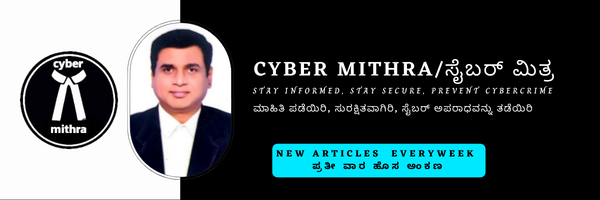Is your child a victim of Sexting?
Sandeep, a studious engineering student’s parents noticed that their son has lost interest in his studies over last few weeks, had strong mood swings and was isolating himself, On speaking, they found out that Sandeep was sexting for fun, but the content shared was used to blackmail him.
As per one study, In India one in four teenegers have been sexted and one in seven have sexted someone. Sexting is the sending, receiving or forwarding of sexually explicit material over electronic devices, including cellphones and computers over social media(WhatsApp, Facebook, Instagram etc), games chat windows, dating apps etc. Sexually explicit material includes nude or partially nude photos or videos. Sexting may appear innocent to some, but it can have major legal and social repercussions, especially when one of the sender is a minor or the picture/video sexted is of minor’s as sending/receiveing or storing of such content with or without consent of the minor is illegal and may involve jail time. Sexting can lead to or involve various other cybercrimes like revenge porn, cyberbullying, cybergrooming, sextortion etc or when these shared images or videos is posted on public porn websites and forums.
Studies have found that apart from becoming a victim of cybercrime, there are mental health risk factors and sexual behaviors linked with kids and teens who sext, compared to those that don’t. Young people who sext are more likely to suffer guilt, depression and/or anxiety, indulge in drugs, alcohol etc or engage in unhealthy sexual activities with multiple partners. Some of the pointers or warning signs that parents must watch out for in their children include anxiety, depression, strong reactions or serious mood swings after or during checking mobile or isolating self and loosing interest in studies/food etc. Parents need to understand the reasons why their kids are indulging in sexting, some of the reasons may include teenage hormones, experimentation, instant gratification, anonymity and access to other sex etc.
To prevent Sexting related issues, Parents can :-
Keep a close eye on how kids are using their wireless devices, especially for younger teens.
- Set guidelines for your child’s internet use, such as when they can use the internet and for how long, and make sure they understand the importance of not sharing personal information online.
- Use parental control software to monitor your child’s internet use and limit their access to inappropriate content.
- Educate your child on issues associated with sharing self or others sexually explicit content online.
- Sexual peer pressure can be embarrassing and confusing to them, so have a open communication and ask them to come to you first in doubt.
- Observe their change in behavior and try to find out the reason for the change or monitor their mobile usage regularly for clues and act calmly.
- Install good antivirus, firewall and VPN software on your computing devices and regularly update it.
If your child is a victim of Sexting :-
Immediately file a complaint by contacting Cyber Helpline number 1930 or on their website www.cybercrime.gov.in or visit a child crime specific police station and file a FIR and take their advice. Block that user, but take a backup of all the conversations and any other incrementing details as they will be needed as evidence for convicting the culprit. Comfort your child or the victim and if needed take the help of therapist’s to work through the mental and emotional effects.
Remedies available to the victim legally in India :-
You can register a criminal case at your nearest cyber or children specific or regular police station, under the following legal sections or the Act as per sections prescribed by the police based on your case :
- Indian Penal Code (IPC) section 292 (distribution or circulation of obscene material), section 354 (criminal force or assault on a woman with an intent to insult her and outrage her modesty), section 354A-D(Sexual harassment and punishment), section 406 (punishment for criminal breach), section 419 (punishment for cheating by impersonation), section 420 (cheating and dishonestly inducing delivery of property), section 424 (Unlawful extraction of data), Section 441 (Criminal Trespass), Section 499 (Defamation), Section 500 (Punishment for defamation), Section 503 (Threats to injure the reputation of a person), Section 507 (Criminal intimidation), Section 509 (Insult to privacy and modesty).
- Information Technology Act 2000/08, Section 43 (Penalty and compensation for damage to computer, computer system, etc.), Section 66 (Punishment for computer related offenses – theft of data, transmission of virus to system, destruction of data, hacking or access to computer or network to a authorized person), Section 66C (Penalty for identity theft and fraudulent or dishonest use of identity information), Section 66D (Punishment for impersonation fraud using computer resources), section 66E (violation of privacy), section 67 (publishing or transmission of obscene and sexual content over an electronic medium), section 67A (publication of obscene material in electronic form).
- Various sections under Indecent Representation of Women (Prohibition) Act, 1986 and The Protection of Children from Sexual Offences Act, 2012

